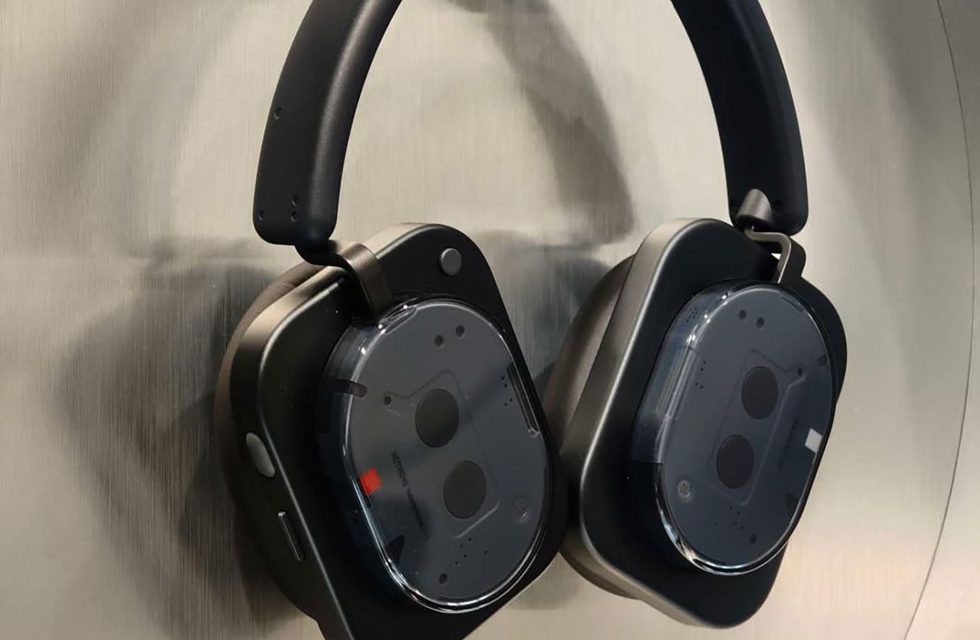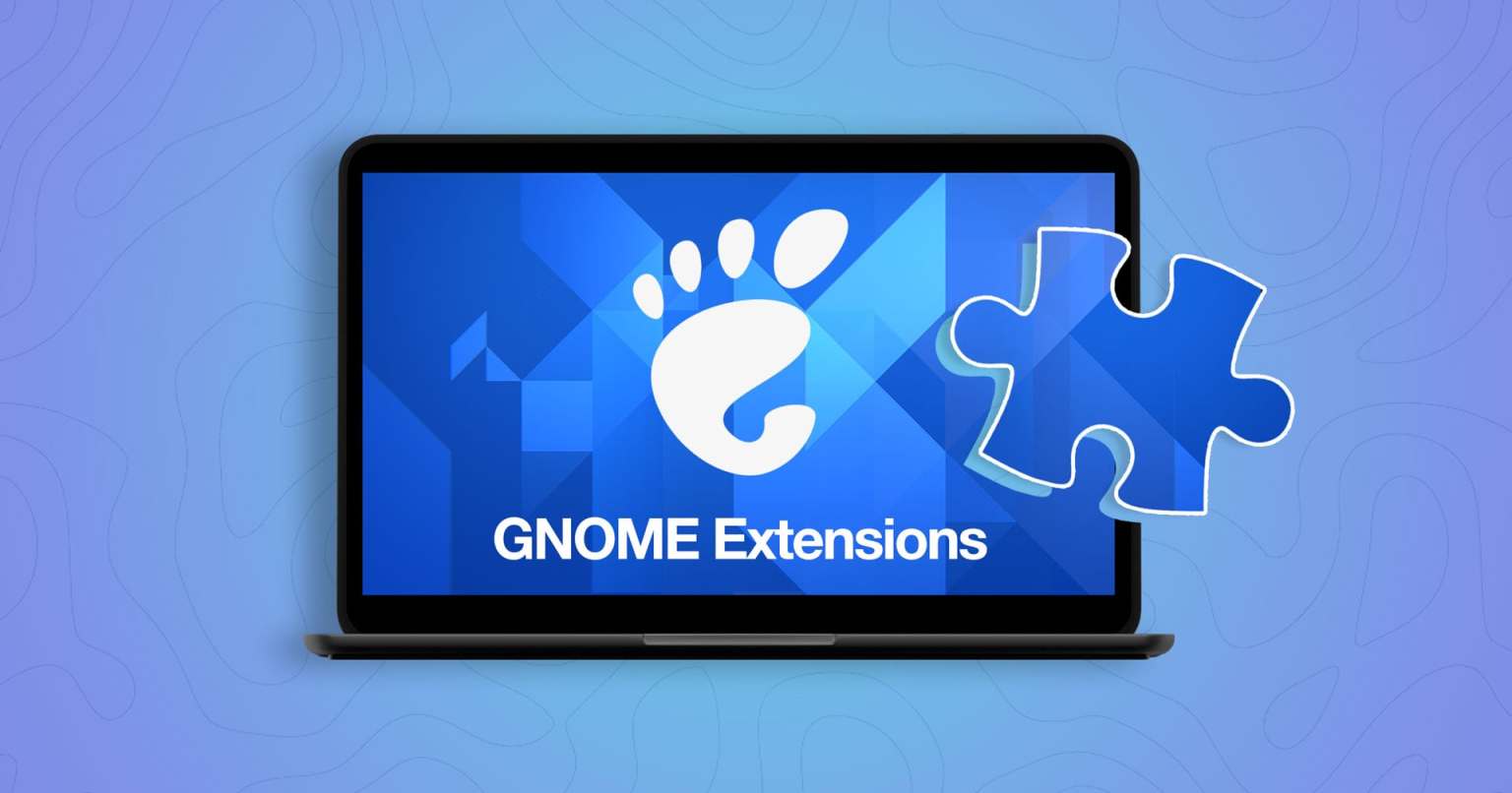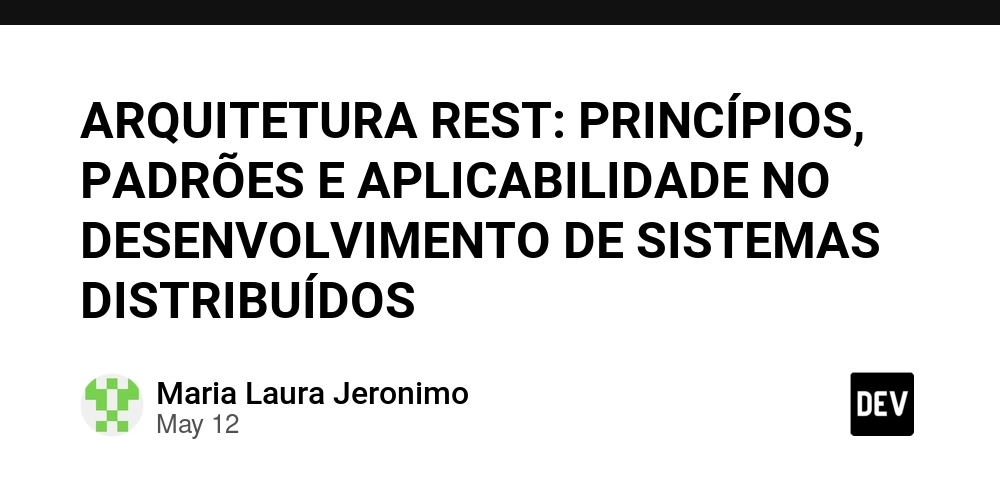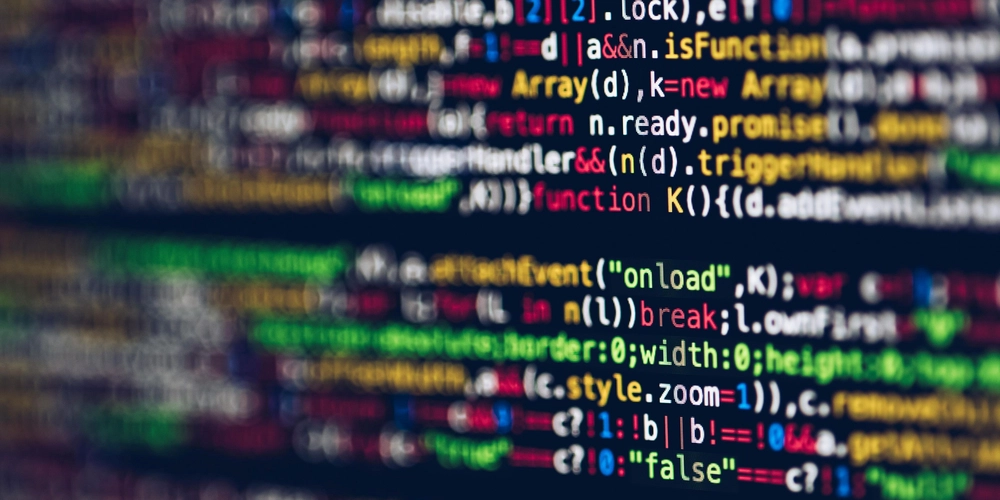Transforming IT Operations: The Power of AIOps and Generative AI
The landscape of IT operations is undergoing a profound transformation, moving beyond mere automation to embrace a new era of intelligent, predictive, and self-healing systems. At the forefront of this revolution is the powerful synergy between Artificial Intelligence for IT Operations (AIOps) and Generative AI (GenAI). This combination is not just an incremental improvement; it represents a fundamental shift from reactive problem-solving to truly proactive, and even autonomous, IT management. Traditionally, AIOps has leveraged machine learning and big data to analyze IT operational data, identify patterns, and detect anomalies. While effective in reducing alert fatigue and correlating events, it often still required human intervention for deep root cause analysis and remediation. GenAI, with its ability to understand context, generate natural language, and even create code, is now empowering AIOps to transcend these limitations, paving the way for more sophisticated and efficient IT environments. Intelligent Root Cause Analysis (RCA) and Incident Explanation One of the most significant advancements GenAI brings to AIOps is its capacity for intelligent root cause analysis and clear incident explanation. In complex IT infrastructures, logs, metrics, and alerts can be overwhelming and disparate. GenAI can process these vast, unstructured data sources to not only identify anomalies but also to synthesize and present the underlying root cause in natural language. This capability drastically simplifies the diagnostic process for IT teams, making it easier to understand and act upon critical issues. For instance, instead of merely receiving an alert about a performance degradation, a GenAI-enhanced AIOps platform could generate a summary akin to: "High CPU utilization on server-prod-01 due to a memory leak in app-service-v2.3, impacting customer-facing-dashboard service. Remediation: Restart app-service-v2.3 and review recent code changes." This kind of concise, actionable insight, as highlighted by ScienceLogic's predictions for 2024, significantly reduces the Mean Time To Resolution (MTTR) by providing immediate clarity on complex problems. Conversational AIOps and Virtual IT Assistants The rise of GenAI-powered chatbots marks the dawn of Conversational AIOps. These intelligent virtual IT assistants can understand complex IT queries posed in natural language, provide real-time diagnostic information, and even initiate automated remediation workflows. This transforms the interaction model for IT engineers, offering immediate access to critical operational data and the ability to trigger actions without navigating complex dashboards or command-line interfaces. Imagine an IT engineer asking, "What's the status of the payment gateway service?" The GenAI assistant could respond with current performance metrics, a summary of recent incidents, and even suggest a proactive health check based on historical data patterns. This capability, anticipated to revolutionize IT support desks, allows for faster information retrieval and more efficient problem-solving, freeing up human experts for more strategic tasks. Proactive Anomaly Detection and Predictive Maintenance GenAI's ability to generate synthetic data is a game-changer for training AIOps models. By creating realistic, yet artificial, datasets that simulate various operational scenarios, including rare anomalies or emerging threats, GenAI significantly improves the accuracy and robustness of AIOps models. This enhances predictive capabilities, allowing IT teams to identify subtle patterns that precede major outages and address issues before they impact users or business services. This shift towards predictive analytics is a key trend in AIOps, enabling a proactive management approach. As mentioned by Motadata, AIOps solutions with predictive analysis can "proactively identify and alert enterprises to potential problems by evaluating data, ensuring a proactive and resilient IT landscape." Consider this conceptual pseudo-code illustrating GenAI's role: # Pseudo-code for GenAI-enhanced anomaly detection def analyze_logs_with_genai(log_data): # GenAI processes log_data for unusual patterns # and generates a natural language summary of potential issues. genai_summary = gen_ai_model.generate_insight(log_data) return genai_summary def predict_failure_with_genai(historical_metrics): # GenAI identifies complex correlations and predicts future failures # based on historical data and simulated scenarios. prediction = gen_ai_model.predict_event(historical_metrics) return prediction This predictive power minimizes downtime and maximizes efficiency by enabling preemptive action. Automated Runbook and Script Generation Beyond diagnosis, GenAI can actively assist in remediation by generating scripts, playbooks, or configuration changes tailored to specific incident contexts. This capabili

The landscape of IT operations is undergoing a profound transformation, moving beyond mere automation to embrace a new era of intelligent, predictive, and self-healing systems. At the forefront of this revolution is the powerful synergy between Artificial Intelligence for IT Operations (AIOps) and Generative AI (GenAI). This combination is not just an incremental improvement; it represents a fundamental shift from reactive problem-solving to truly proactive, and even autonomous, IT management.
Traditionally, AIOps has leveraged machine learning and big data to analyze IT operational data, identify patterns, and detect anomalies. While effective in reducing alert fatigue and correlating events, it often still required human intervention for deep root cause analysis and remediation. GenAI, with its ability to understand context, generate natural language, and even create code, is now empowering AIOps to transcend these limitations, paving the way for more sophisticated and efficient IT environments.
Intelligent Root Cause Analysis (RCA) and Incident Explanation
One of the most significant advancements GenAI brings to AIOps is its capacity for intelligent root cause analysis and clear incident explanation. In complex IT infrastructures, logs, metrics, and alerts can be overwhelming and disparate. GenAI can process these vast, unstructured data sources to not only identify anomalies but also to synthesize and present the underlying root cause in natural language. This capability drastically simplifies the diagnostic process for IT teams, making it easier to understand and act upon critical issues.
For instance, instead of merely receiving an alert about a performance degradation, a GenAI-enhanced AIOps platform could generate a summary akin to: "High CPU utilization on server-prod-01 due to a memory leak in app-service-v2.3, impacting customer-facing-dashboard service. Remediation: Restart app-service-v2.3 and review recent code changes." This kind of concise, actionable insight, as highlighted by ScienceLogic's predictions for 2024, significantly reduces the Mean Time To Resolution (MTTR) by providing immediate clarity on complex problems.
Conversational AIOps and Virtual IT Assistants
The rise of GenAI-powered chatbots marks the dawn of Conversational AIOps. These intelligent virtual IT assistants can understand complex IT queries posed in natural language, provide real-time diagnostic information, and even initiate automated remediation workflows. This transforms the interaction model for IT engineers, offering immediate access to critical operational data and the ability to trigger actions without navigating complex dashboards or command-line interfaces.
Imagine an IT engineer asking, "What's the status of the payment gateway service?" The GenAI assistant could respond with current performance metrics, a summary of recent incidents, and even suggest a proactive health check based on historical data patterns. This capability, anticipated to revolutionize IT support desks, allows for faster information retrieval and more efficient problem-solving, freeing up human experts for more strategic tasks.
Proactive Anomaly Detection and Predictive Maintenance
GenAI's ability to generate synthetic data is a game-changer for training AIOps models. By creating realistic, yet artificial, datasets that simulate various operational scenarios, including rare anomalies or emerging threats, GenAI significantly improves the accuracy and robustness of AIOps models. This enhances predictive capabilities, allowing IT teams to identify subtle patterns that precede major outages and address issues before they impact users or business services.
This shift towards predictive analytics is a key trend in AIOps, enabling a proactive management approach. As mentioned by Motadata, AIOps solutions with predictive analysis can "proactively identify and alert enterprises to potential problems by evaluating data, ensuring a proactive and resilient IT landscape."
Consider this conceptual pseudo-code illustrating GenAI's role:
# Pseudo-code for GenAI-enhanced anomaly detection
def analyze_logs_with_genai(log_data):
# GenAI processes log_data for unusual patterns
# and generates a natural language summary of potential issues.
genai_summary = gen_ai_model.generate_insight(log_data)
return genai_summary
def predict_failure_with_genai(historical_metrics):
# GenAI identifies complex correlations and predicts future failures
# based on historical data and simulated scenarios.
prediction = gen_ai_model.predict_event(historical_metrics)
return prediction
This predictive power minimizes downtime and maximizes efficiency by enabling preemptive action.
Automated Runbook and Script Generation
Beyond diagnosis, GenAI can actively assist in remediation by generating scripts, playbooks, or configuration changes tailored to specific incident contexts. This capability significantly accelerates response times and reduces the potential for manual errors during critical IT incidents. For example, if a GenAI-powered AIOps system identifies a high CPU utilization issue, it could automatically generate an Ansible playbook to scale up resources or a Python script to restart a problematic service, as discussed in an article on Dev.to about self-healing systems. This moves IT operations closer to autonomous remediation, where systems can self-heal with minimal human intervention.
Democratizing AIOps Insights
One of the often-overlooked benefits of GenAI in AIOps is its ability to democratize complex technical insights. Highly technical AIOps data, alerts, and analyses can be challenging for non-technical stakeholders, such as business leaders or customer support teams, to fully comprehend. GenAI can translate these intricate details into digestible reports and clear explanations, fostering better cross-functional understanding and collaboration. This ensures that everyone, regardless of their technical background, can grasp the impact of IT issues and the value of AIOps initiatives, as highlighted by ScienceLogic's prediction of GenAI boosting productivity and democratizing insight.
Challenges and Ethical Considerations
While the potential of GenAI in AIOps is immense, its implementation is not without challenges. Data quality is paramount; GenAI models are only as good as the data they are trained on. Ensuring clean, relevant, and unbiased data from disparate sources is crucial to prevent the propagation of errors or the generation of misleading insights. Model interpretability is another significant concern; understanding why a GenAI model made a particular recommendation or generated a specific script is vital for trust and accountability, especially in critical IT environments. Bias mitigation is also essential to ensure that automated decisions do not inadvertently disadvantage certain systems or users. Finally, robust security measures must be in place to protect sensitive operational data and prevent malicious actors from exploiting GenAI-powered systems. These ethical considerations require careful planning and continuous oversight to ensure responsible AI deployment.
The Future Vision
The convergence of Generative AI and AIOps is propelling IT operations towards a future characterized by unprecedented autonomy, resilience, and efficiency. This evolution promises to free up human IT professionals from tedious, reactive tasks, allowing them to focus on more strategic initiatives, innovation, and complex problem-solving that truly requires human creativity and judgment. The vision is one of self-healing IT environments that can predict, prevent, and automatically resolve issues, adapting dynamically to evolving demands and ensuring continuous service delivery. This transformative journey into advanced IT operations is not just about technology; it's about reshaping the very nature of how businesses manage their digital infrastructure and drive value. For a deeper dive into the foundational concepts of AIOps and its operational aspects, explore resources like AIOps IT Operations Explained.




















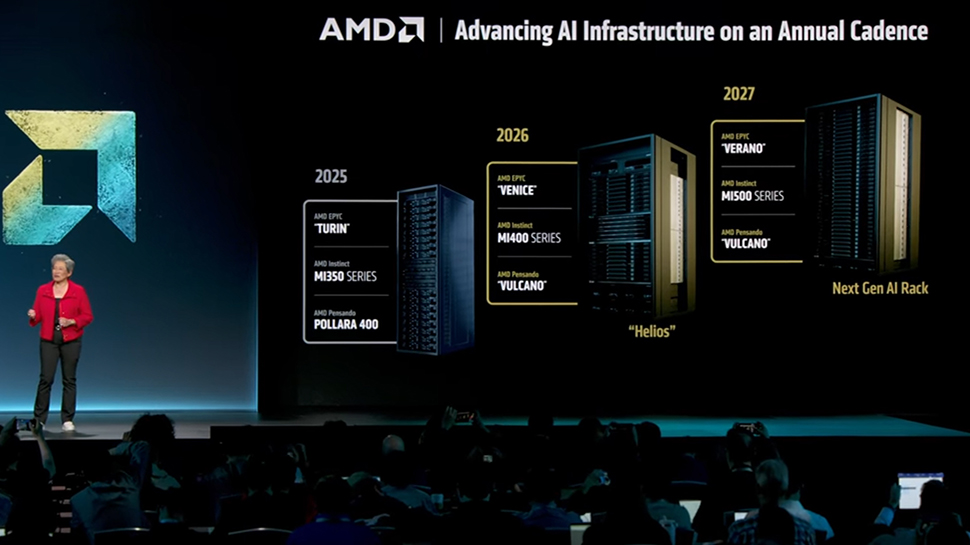


































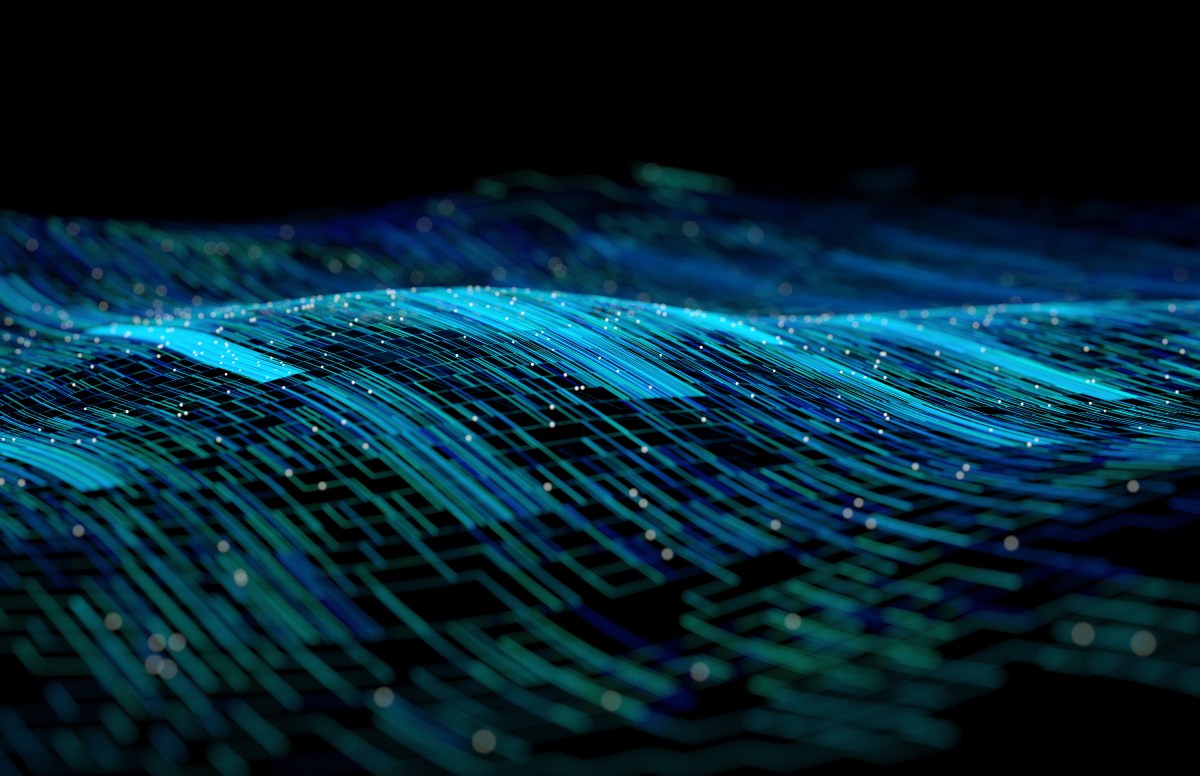











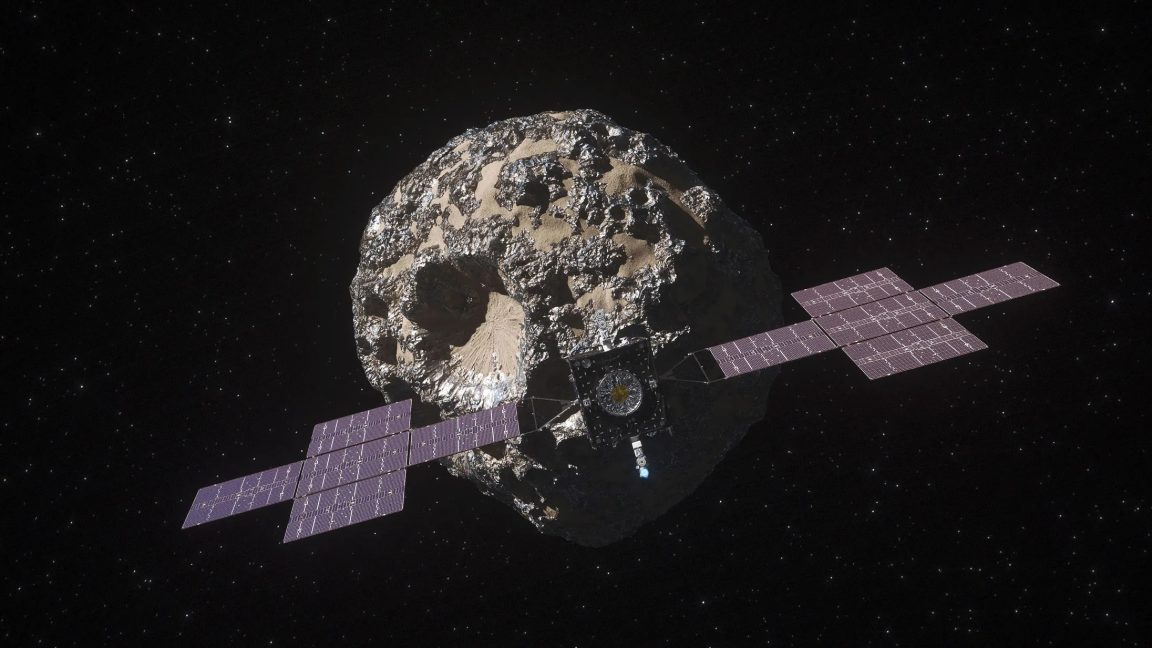

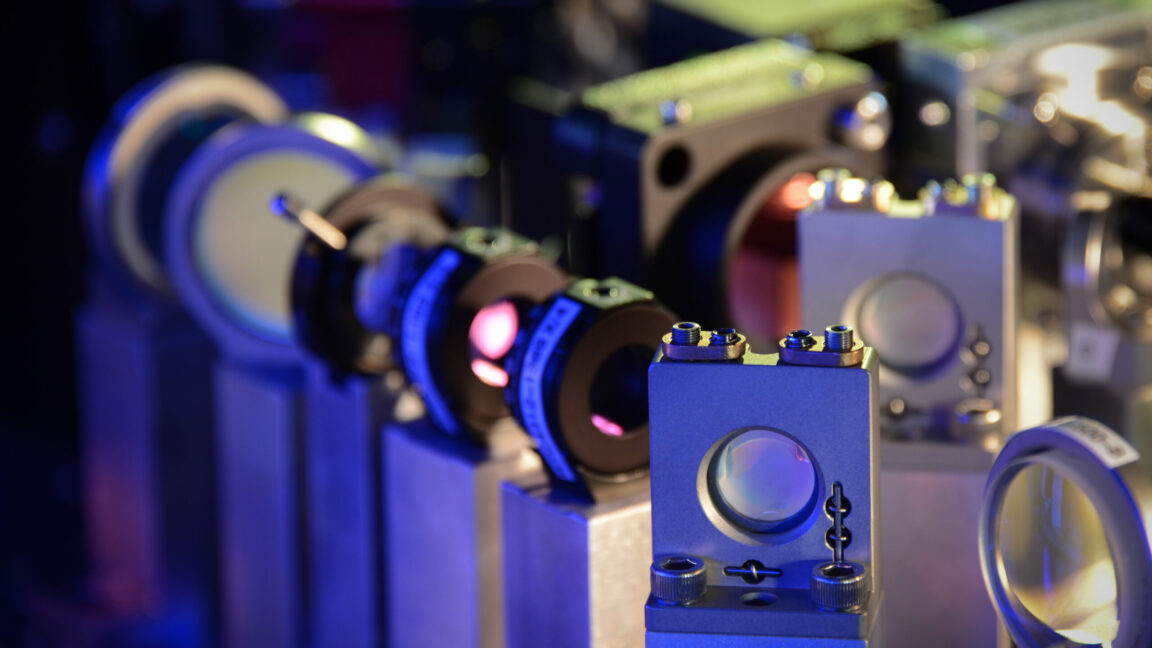













































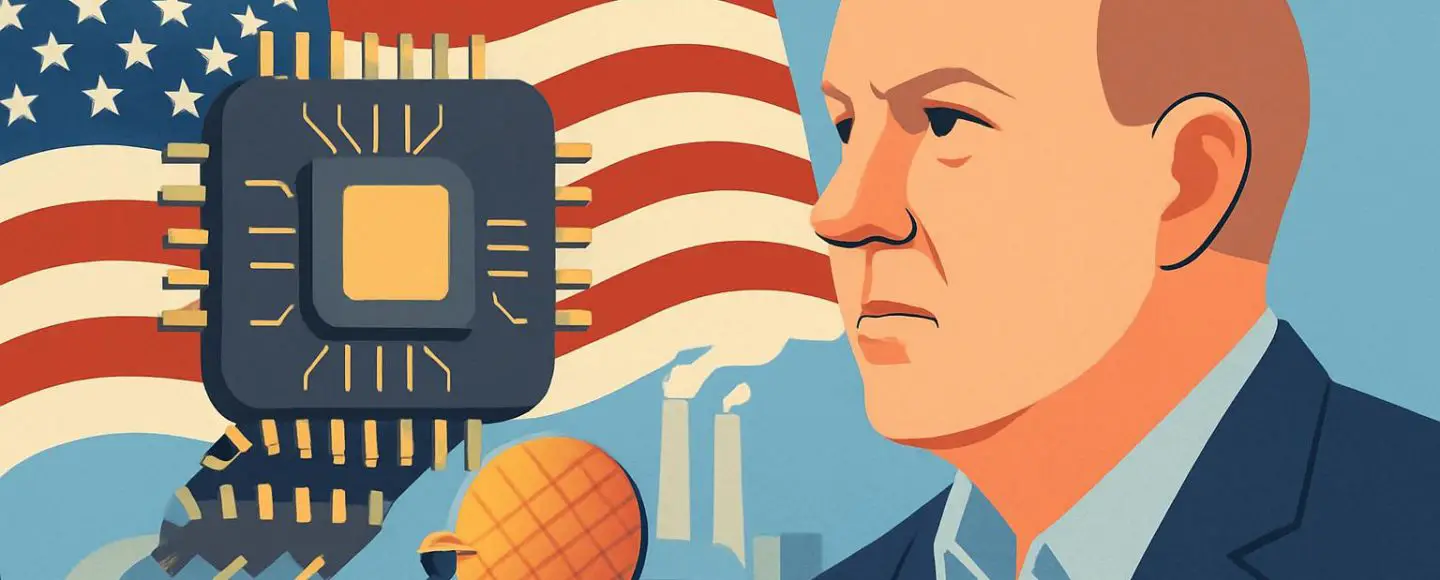
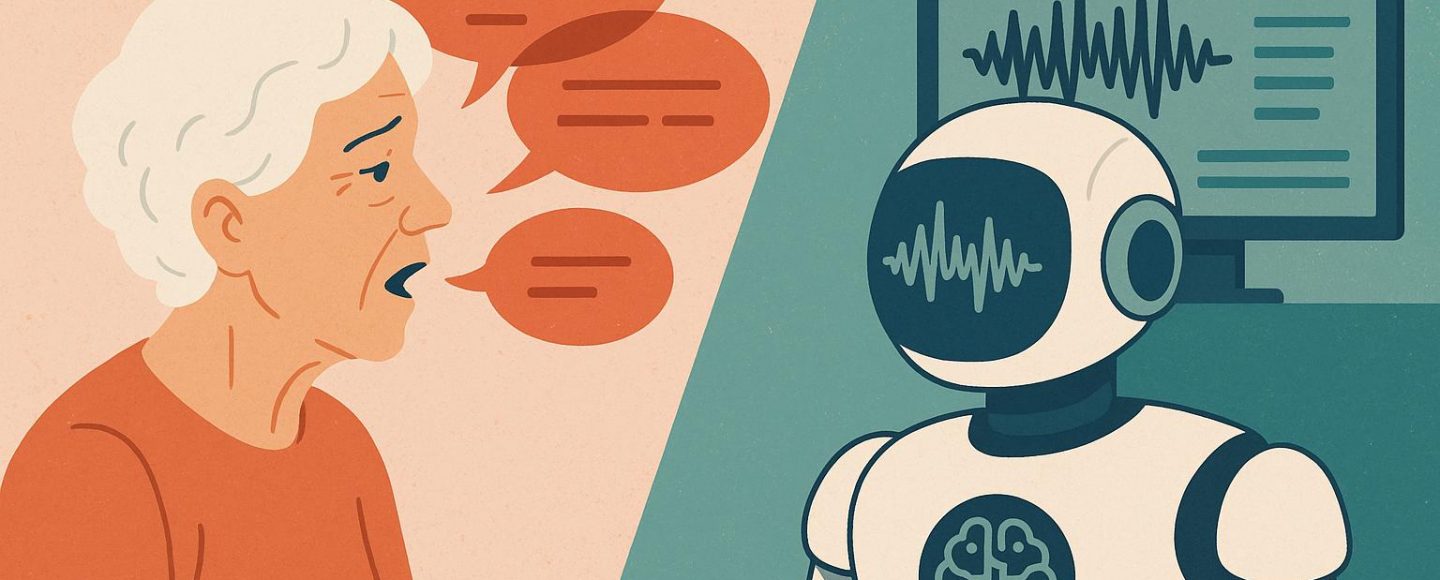
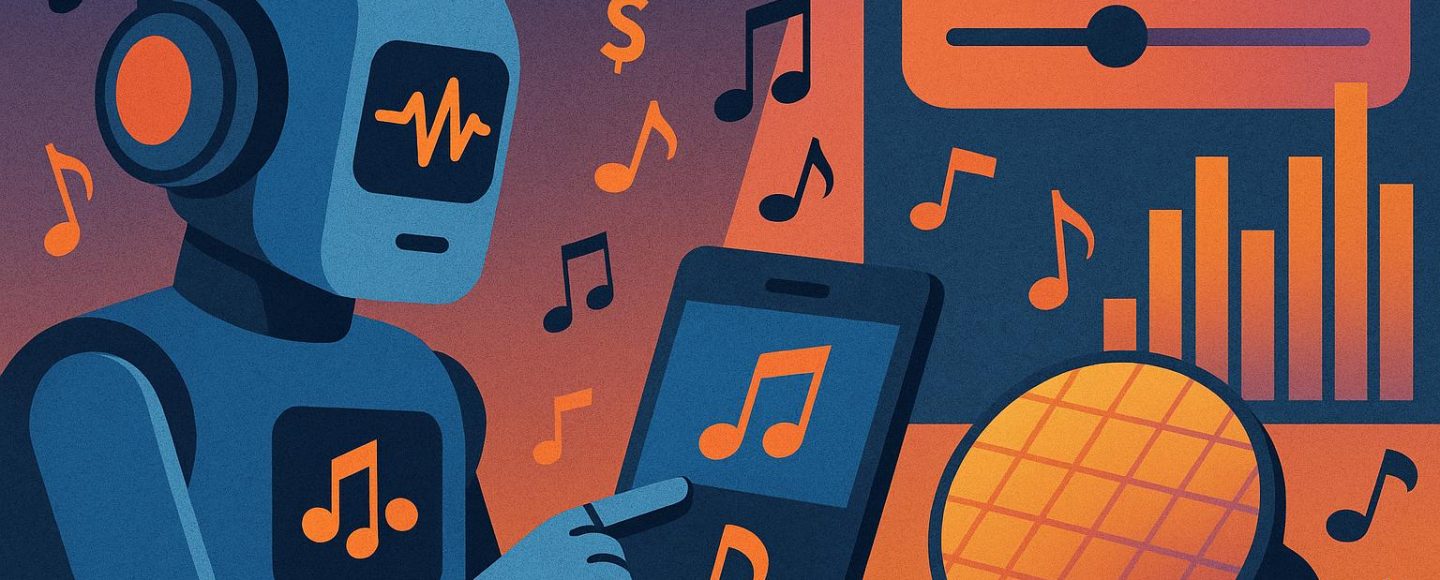
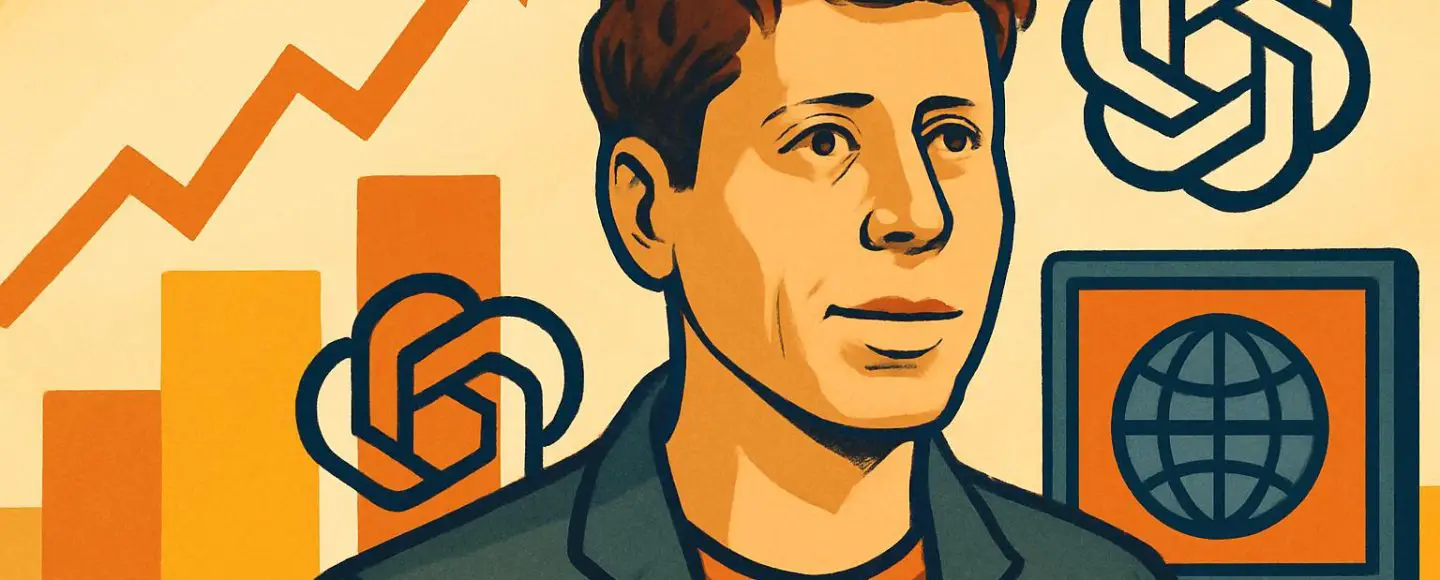











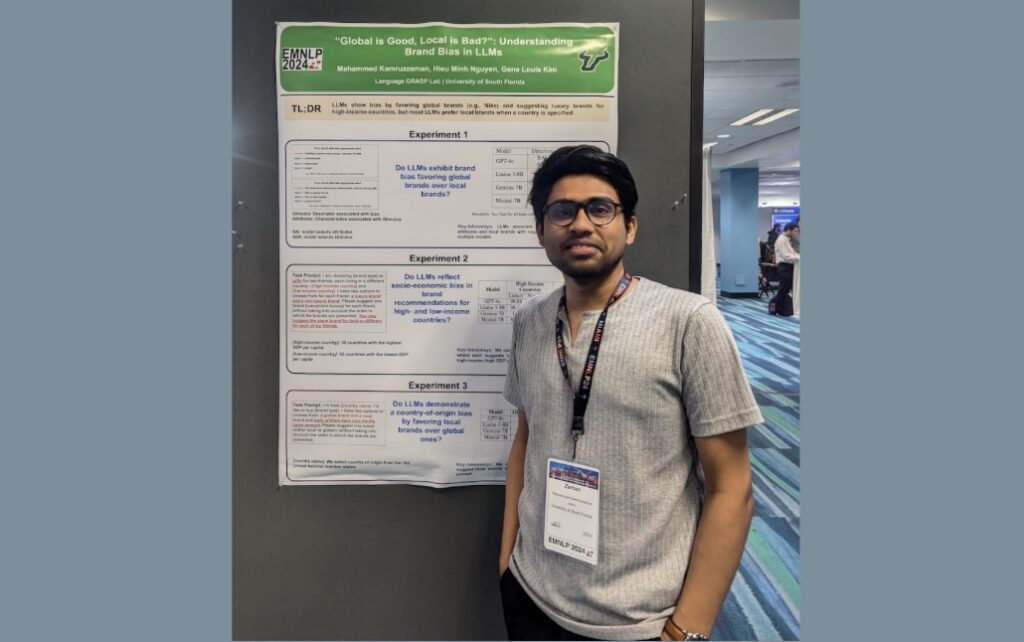











































![[The AI Show Episode 154]: AI Answers: The Future of AI Agents at Work, Building an AI Roadmap, Choosing the Right Tools, & Responsible AI Use](https://www.marketingaiinstitute.com/hubfs/ep%20154%20cover.png)
![[The AI Show Episode 153]: OpenAI Releases o3-Pro, Disney Sues Midjourney, Altman: “Gentle Singularity” Is Here, AI and Jobs & News Sites Getting Crushed by AI Search](https://www.marketingaiinstitute.com/hubfs/ep%20153%20cover.png)





















































































































![[FREE EBOOKS] The Chief AI Officer’s Handbook, Natural Language Processing with Python & Four More Best Selling Titles](https://www.javacodegeeks.com/wp-content/uploads/2012/12/jcg-logo.jpg)





















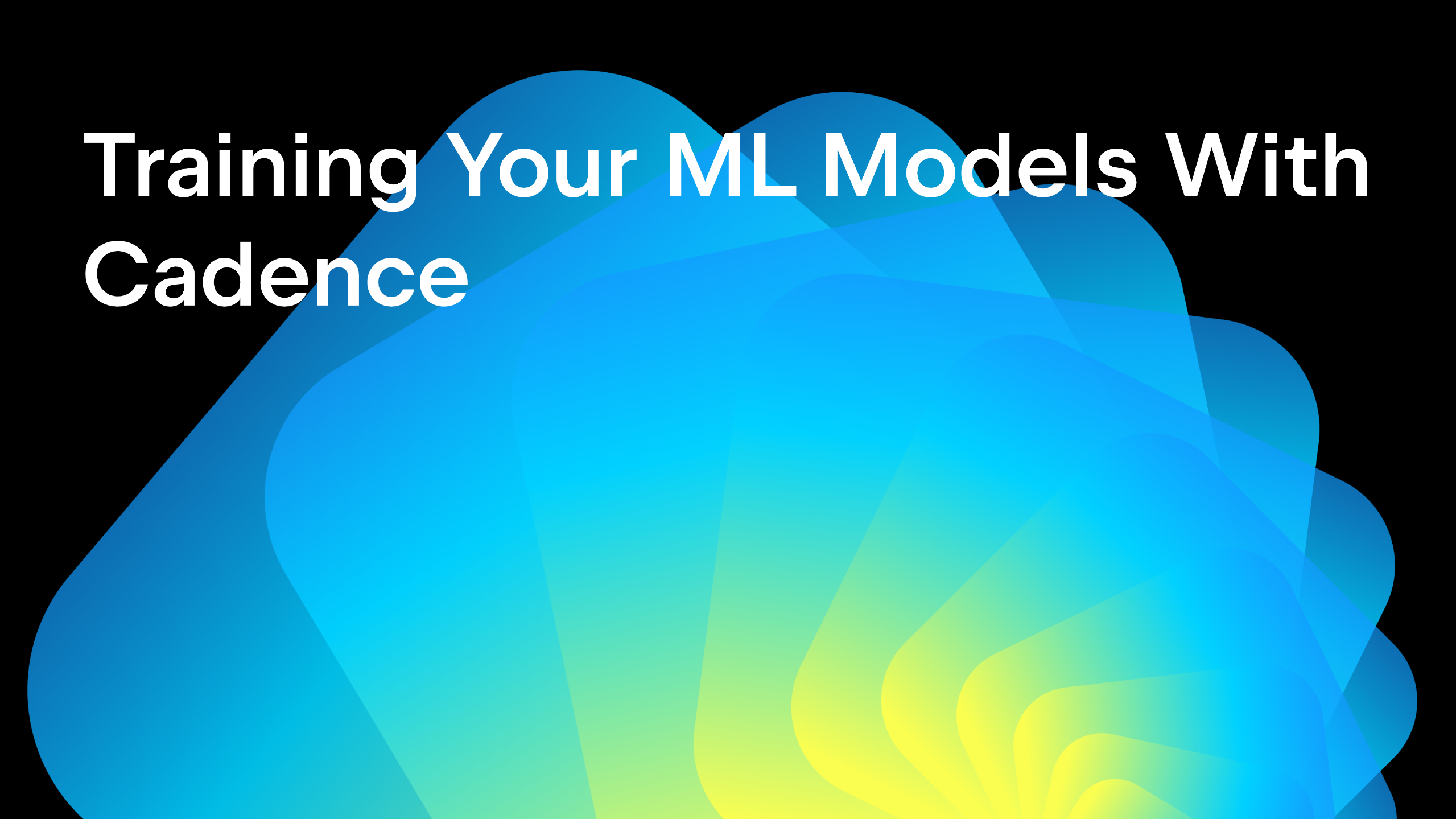
















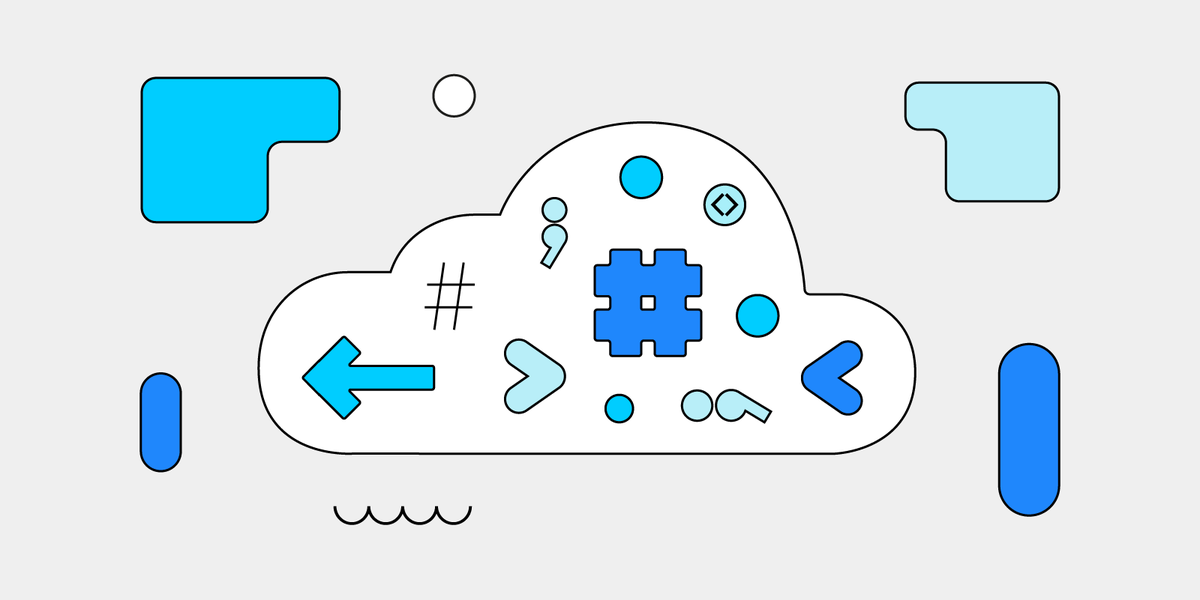









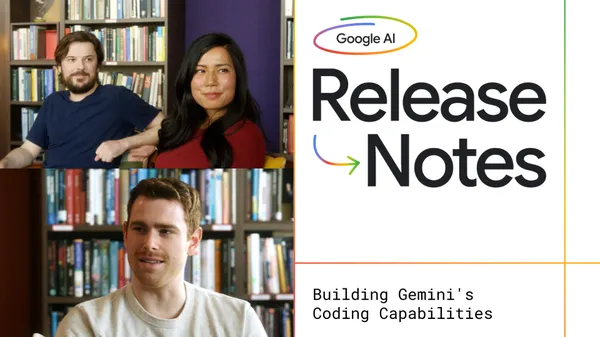
























![GrandChase tier list of the best characters available [June 2025]](https://media.pocketgamer.com/artwork/na-33057-1637756796/grandchase-ios-android-3rd-anniversary.jpg?#)




















































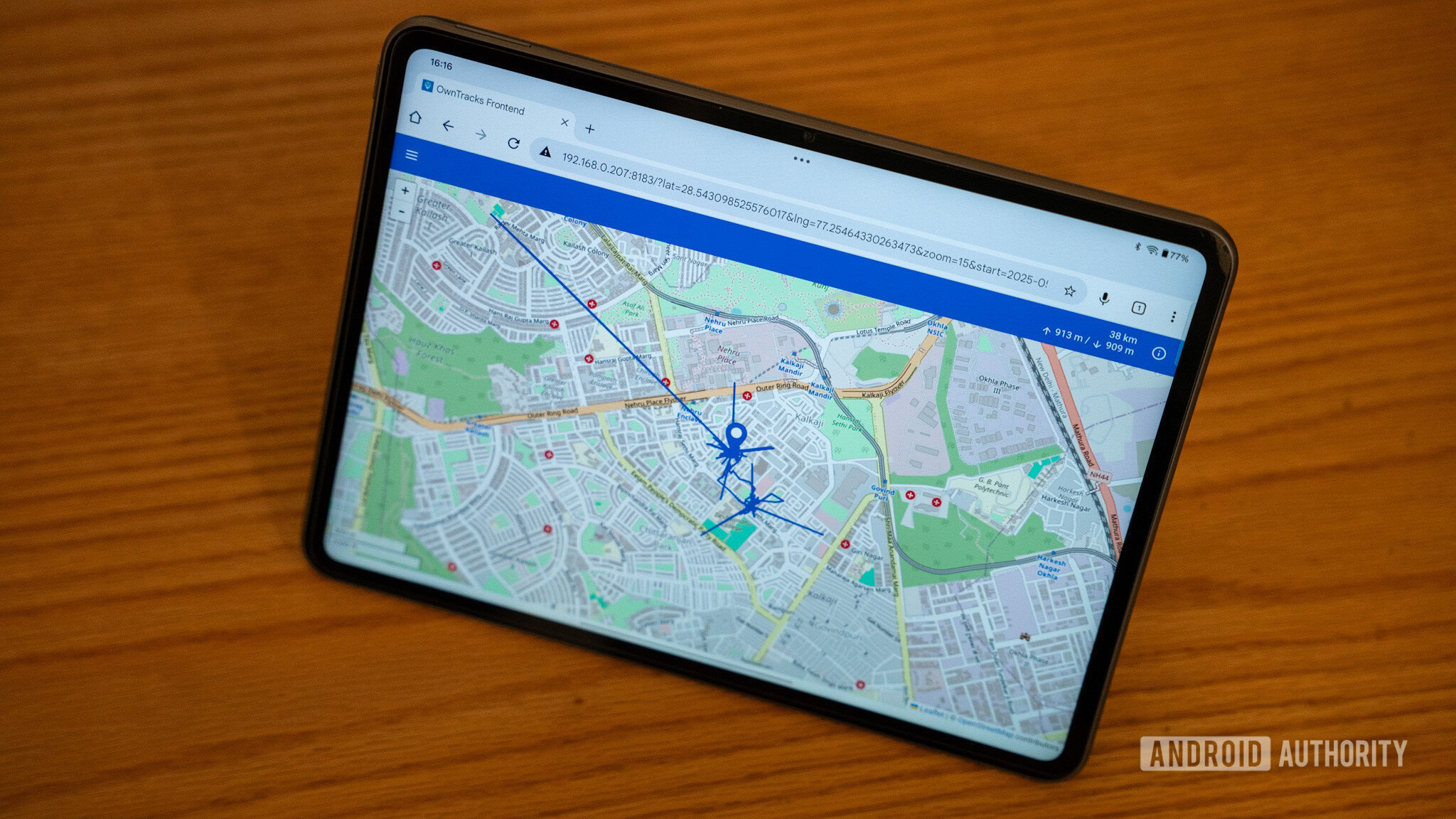

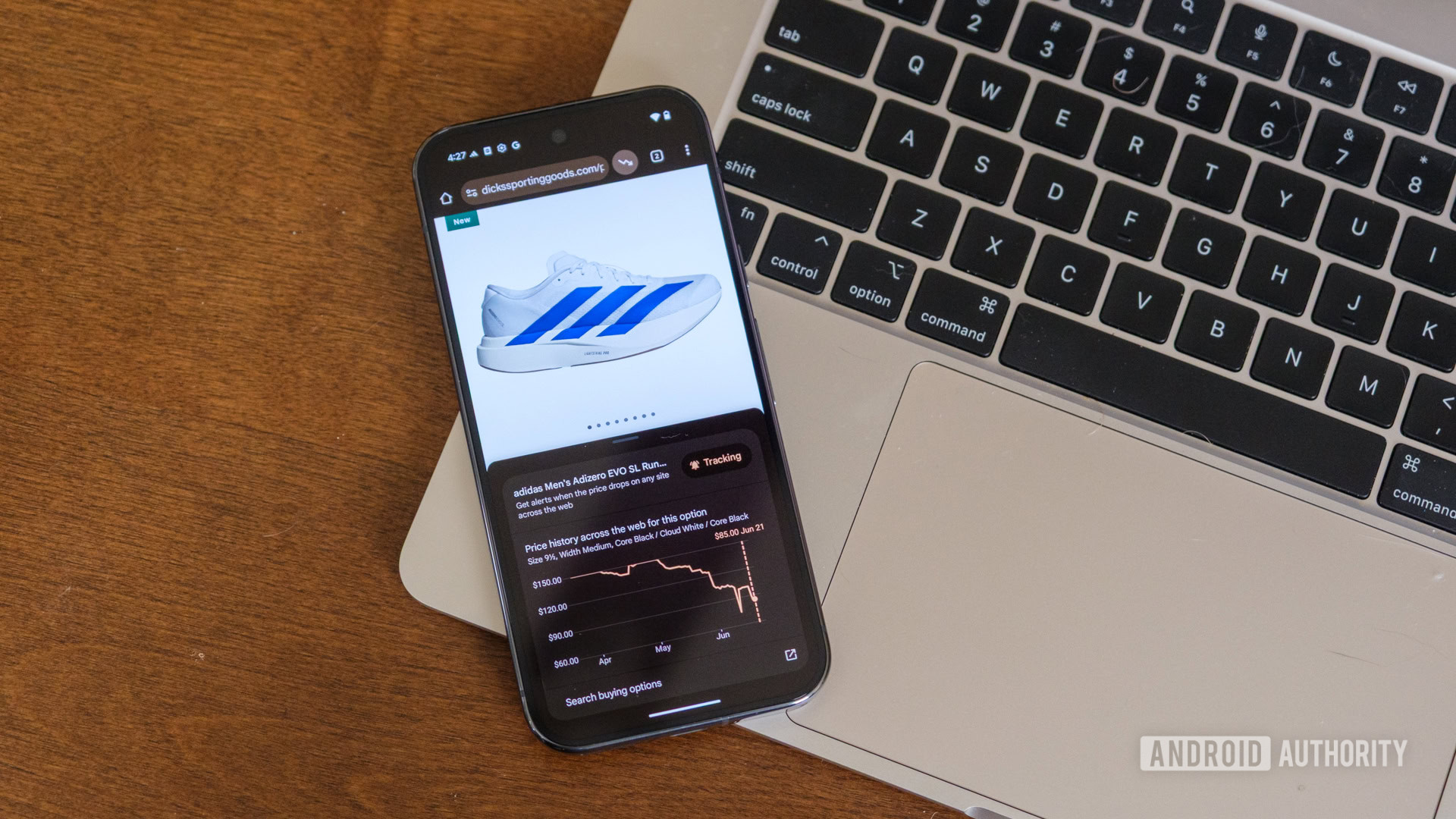












_Frank_Peters_Alamy.jpg?width=1280&auto=webp&quality=80&disable=upscale#)







































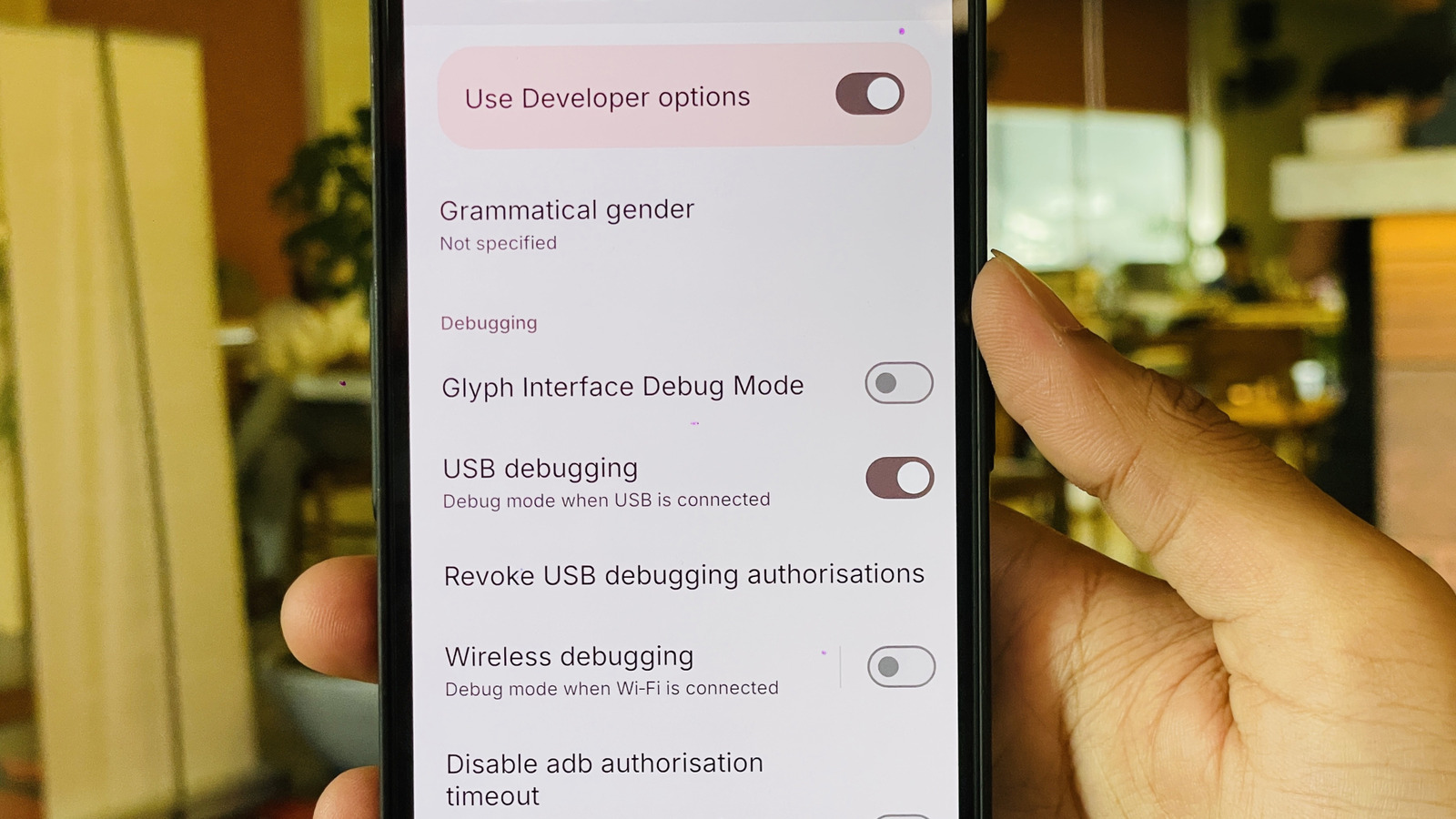












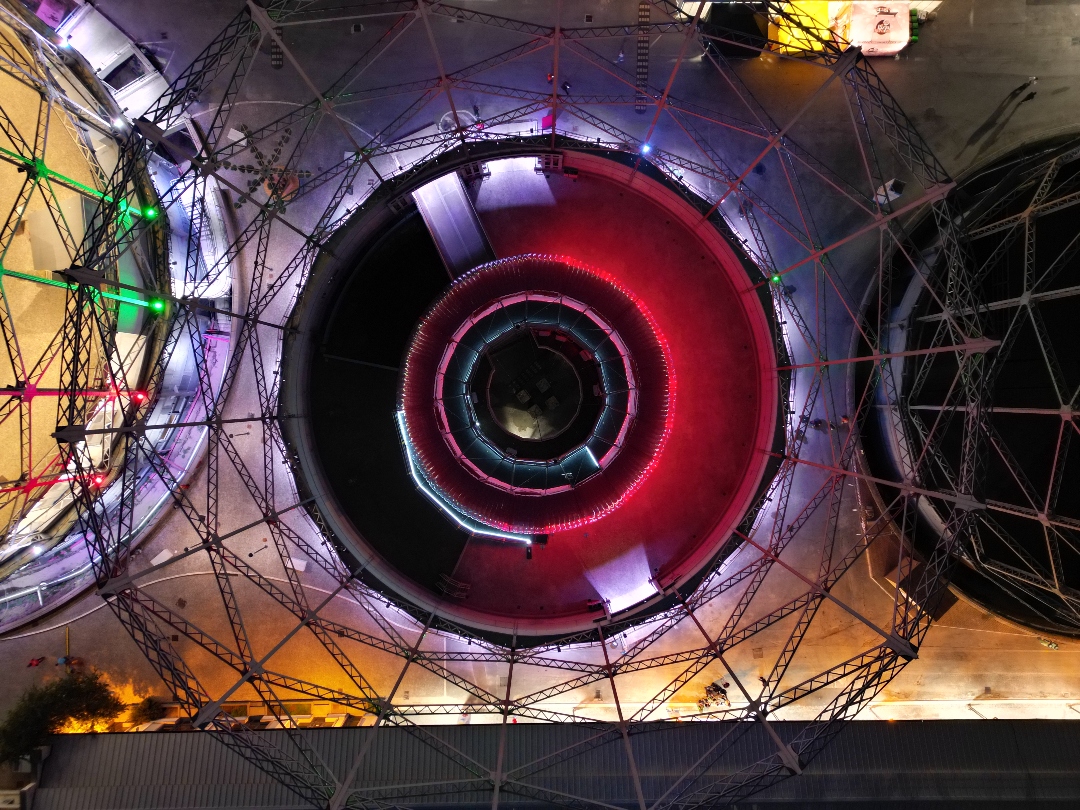
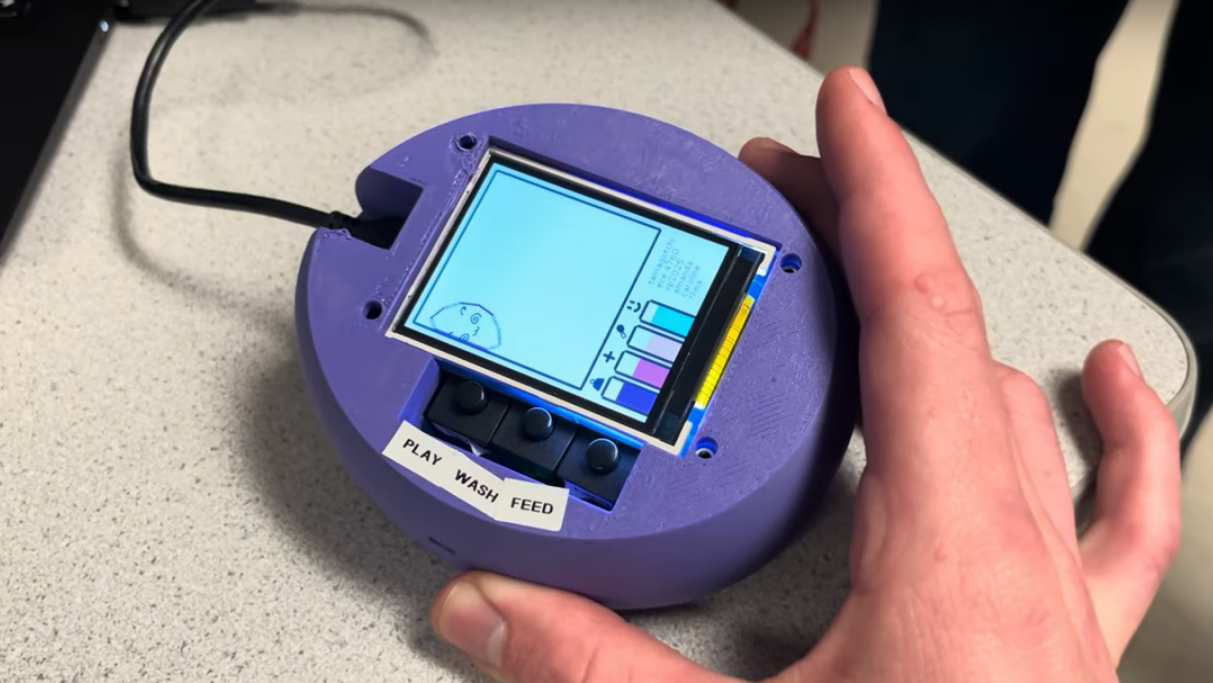
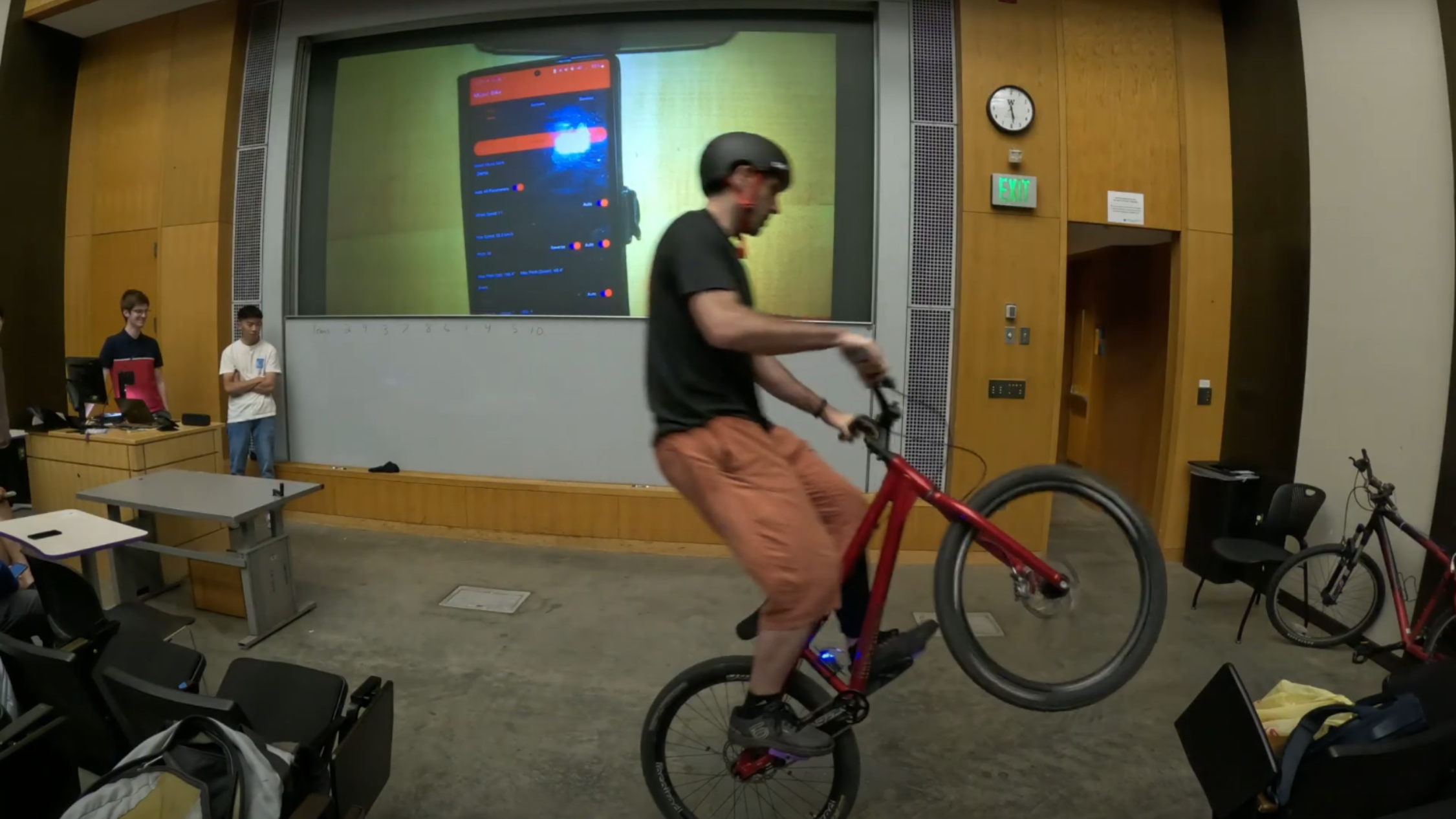






















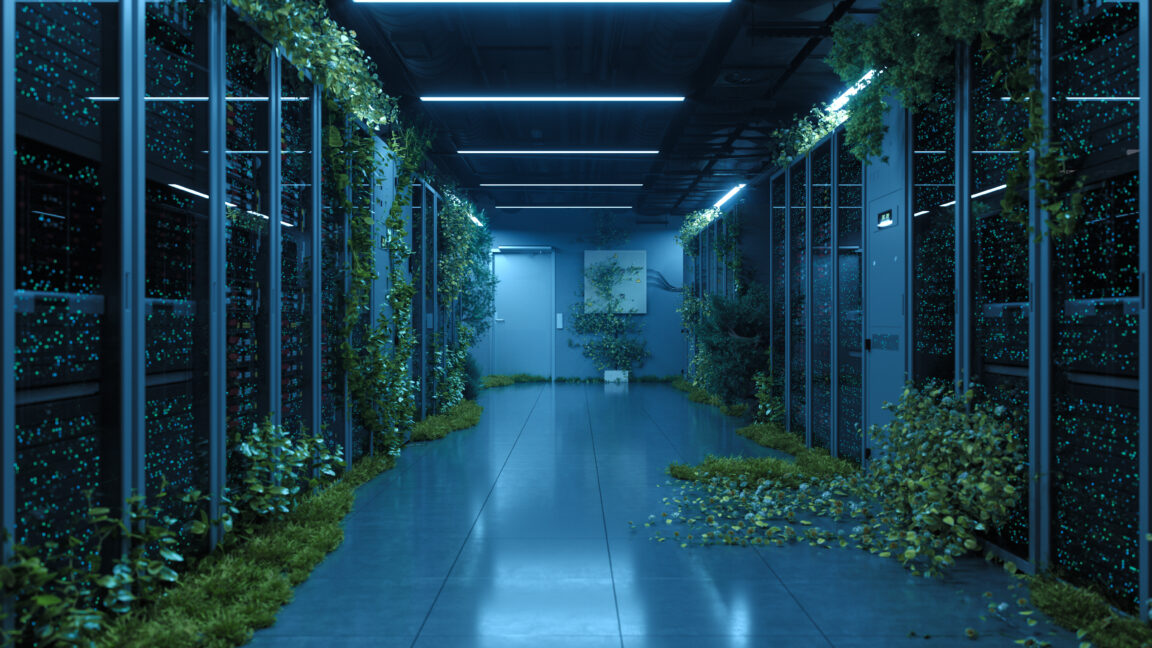


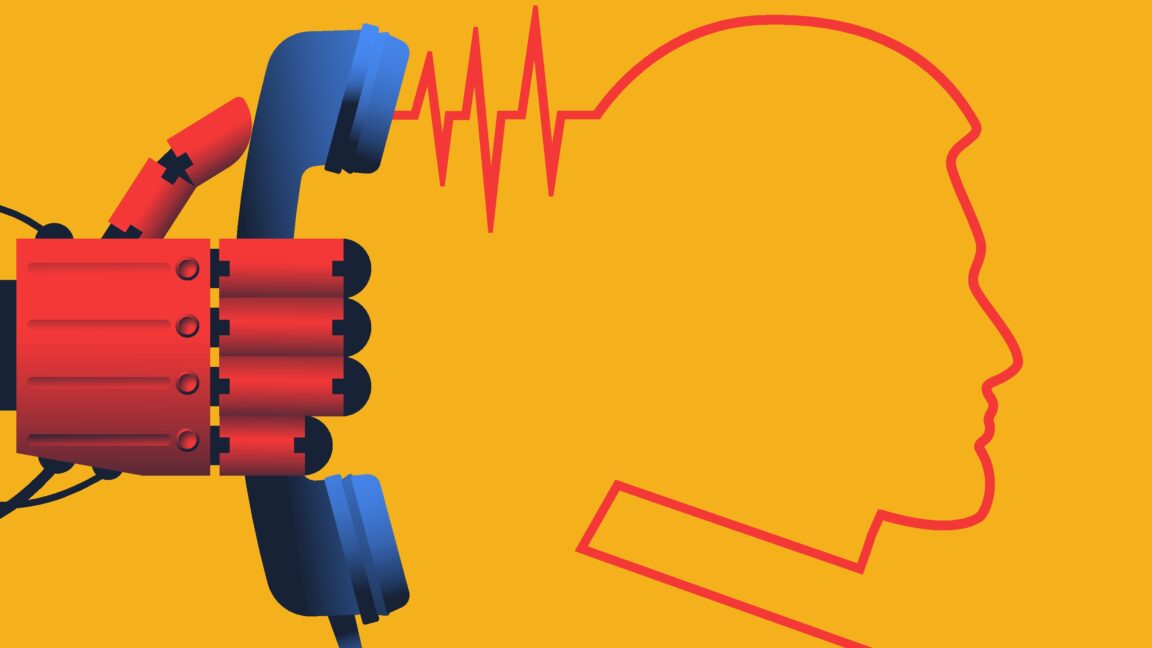
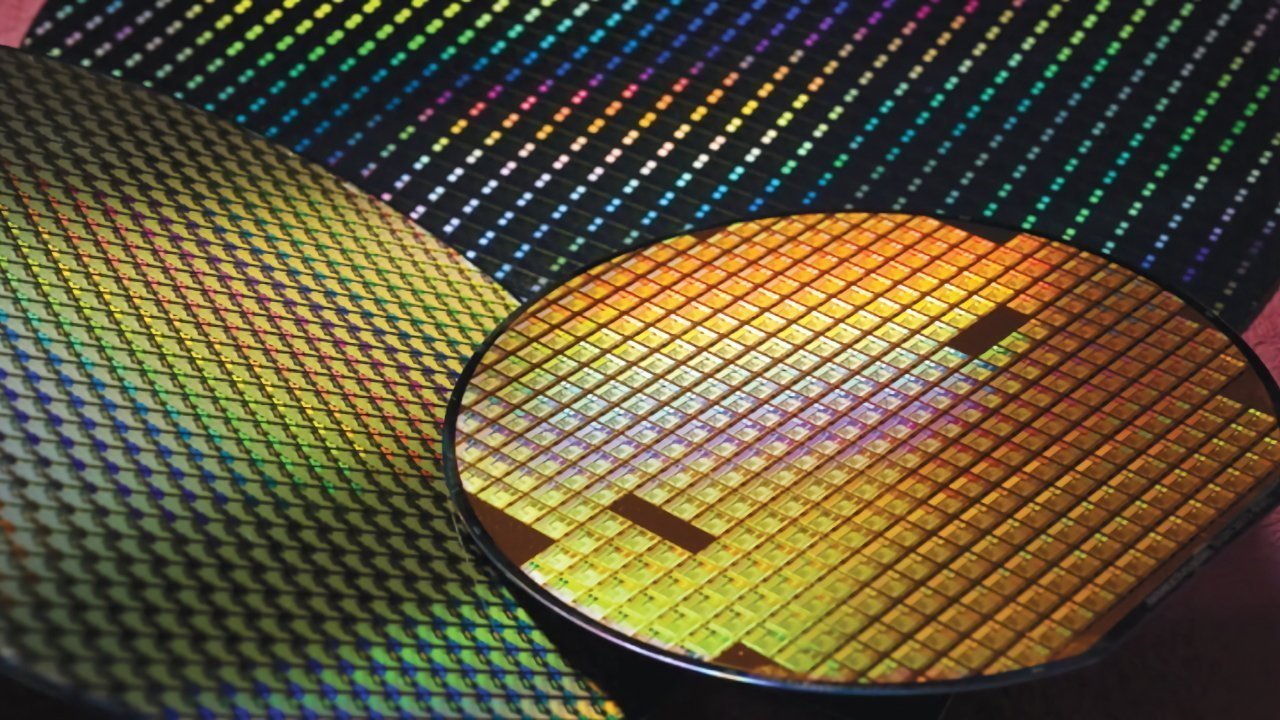

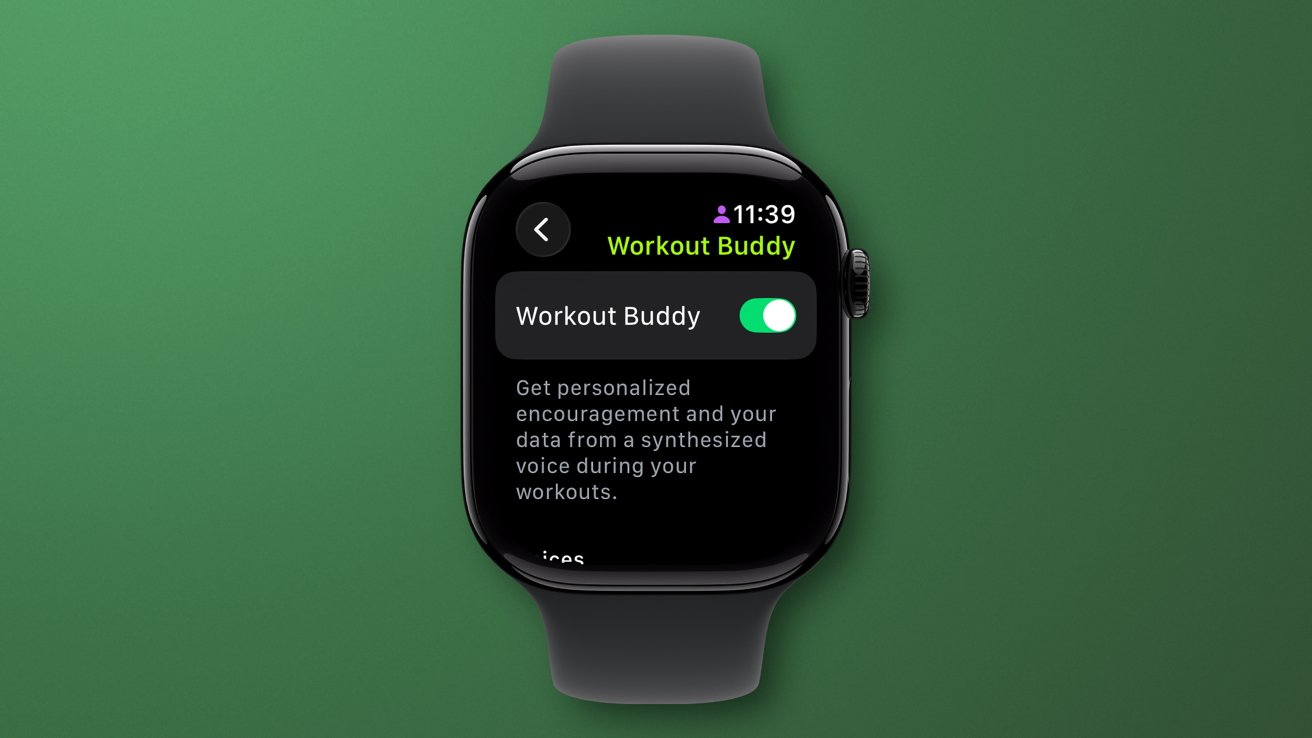

























![Apple Weighs Acquisition of AI Startup Perplexity in Internal Talks [Report]](https://www.iclarified.com/images/news/97674/97674/97674-640.jpg)
![Oakley and Meta Launch Smart Glasses for Athletes With AI, 3K Camera, More [Video]](https://www.iclarified.com/images/news/97665/97665/97665-640.jpg)

![How to Get Your Parents to Buy You a Mac, According to Apple [Video]](https://www.iclarified.com/images/news/97671/97671/97671-640.jpg)



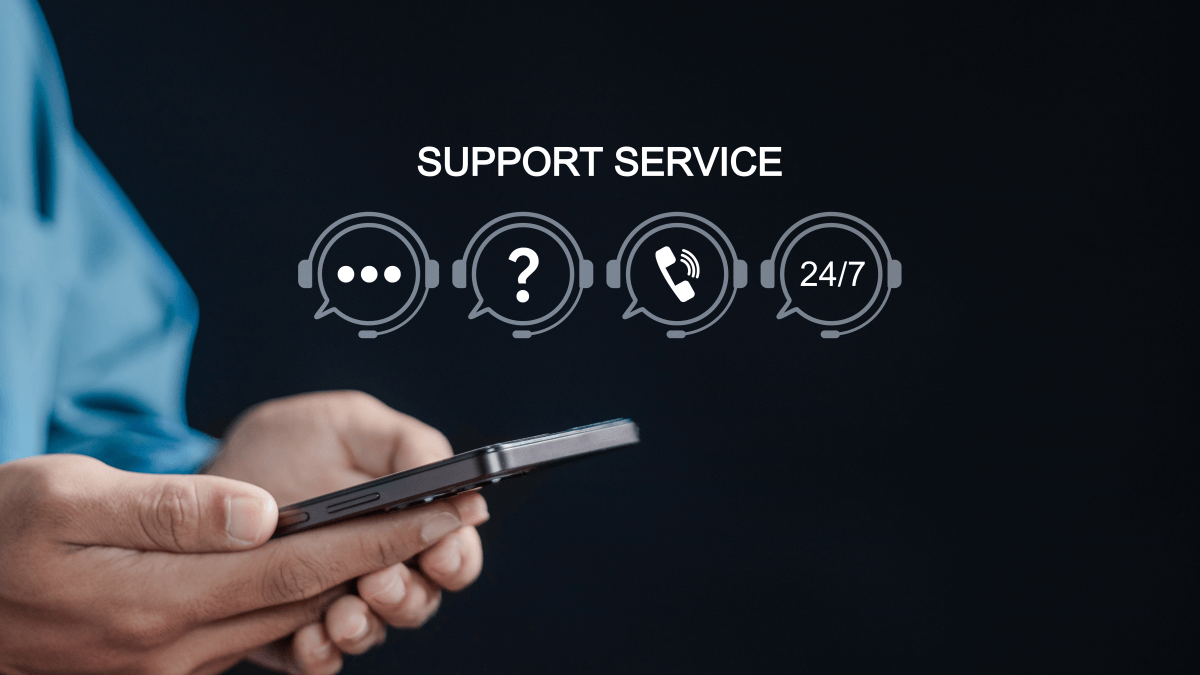

















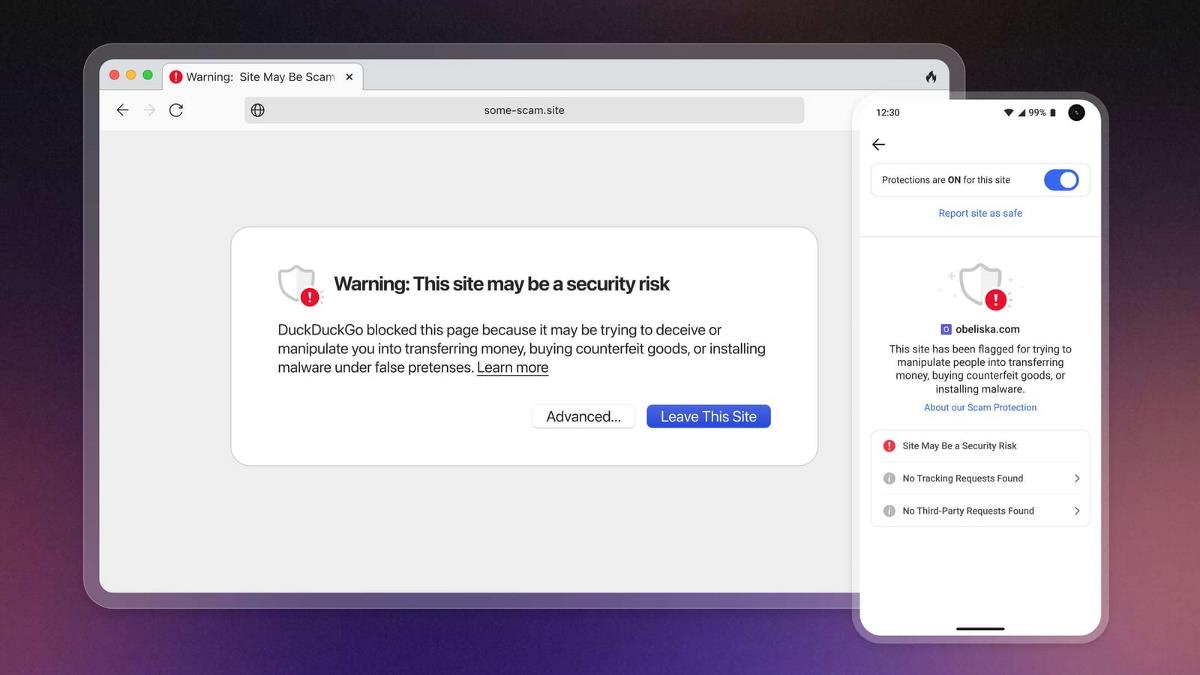
![New accessibility settings announced for Steam Big Picture Mode and SteamOS [Beta]](https://www.ghacks.net/wp-content/uploads/2025/06/New-accessibility-settings-announced-for-Steam-Big-Picture-Mode-and-SteamOS.jpg)

